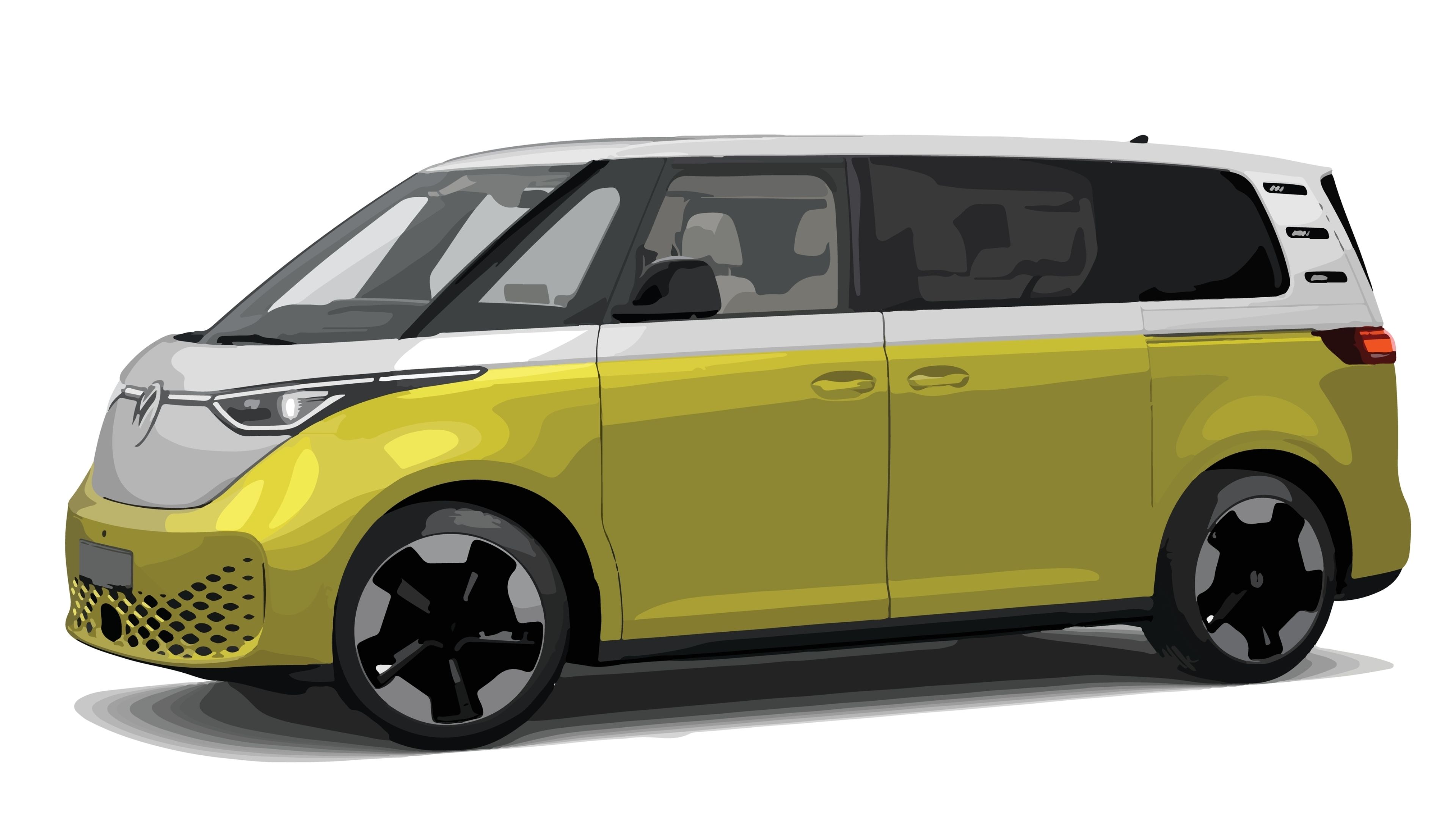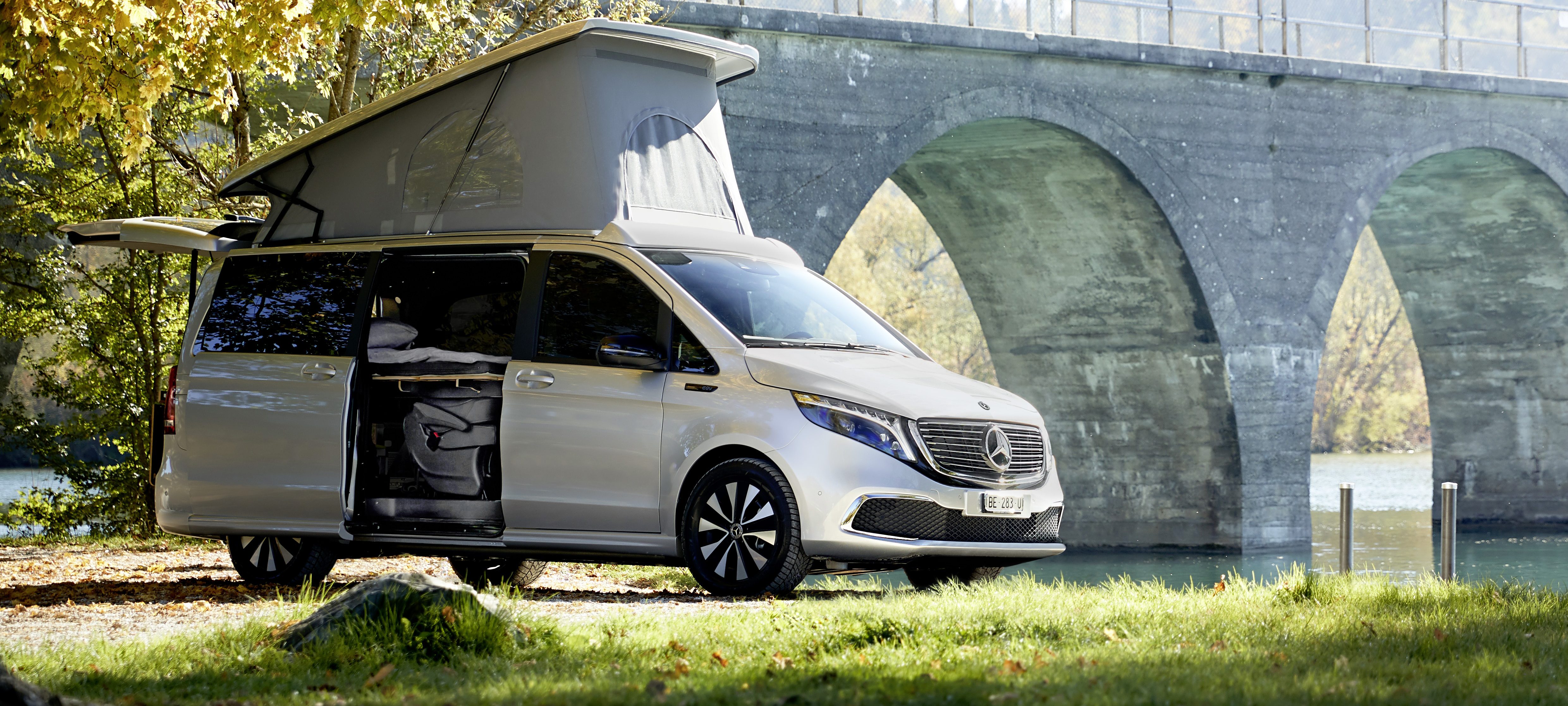Tracing the carbon footprints straight to the cavernous cargo area of your family van doesn’t necessarily mean saying goodbye to road trip conveniences. Enter the world of electric minivans — providing the same space, functionality and comfort, but with a green twist. With manufacturers eager to electrify their fleet and consumers primed for a more sustainable approach, these battery-powered behemoths may be the guilt-free answer for those hauling duties. Recharge your concept of family transportation, going electric may be easier than you think.
Pros and Cons of Electric Minivans

It’s clear that electric minivans are no longer figments of a far-flung future. They’re real, they’re marketable, and they’ve got both pluses and minuses for the average American family.
On the pro side, electric minivans are very much the Trojan horses of clean transport in a suburban setting. They promise lower operating costs, as electricity is generally cheaper than gasoline. Service costs are also a fraction of what you’d shell out for an internal-combustion-engined vehicle. This is because electric motors have fewer moving parts, meaning fewer components to conk out and require replacements.
Moreover, electric minivans are impressively smooth and silent runners, and they deliver torque instantly. This means that despite their family-friendly demeanor, they can keep pace in expressway traffic and still have enough energy to leap onto freeway on-ramps without causing a tailback.
Then there’s the green bonus. Electric minivans aren’t just zero tailpipe emission vehicles, the act of driving one actively promotes renewable energy sources. Because frankly, you’re less likely to plug into dirty energy if you’re flaunting your green creds in an electric minivan.
However, the migration towards electric minivans isn’t entirely glossy. There’s the charging infrastructure conundrum. While it’s true that most electric vehicle owners charge at home, that isn’t always an option for everyone, especially for apartment dwellers or those without a garage.
Then there’s the range anxiety. Although newer models come with suave batteries promising bigger ranges, once you start using your minivan as, well…a minivan (read: loading it with people and belongings), the claimed range dips considerably.
Affordability is another sticky point. Right now, electric minivans command a premium over traditional gasoline counterparts. Even with potential fuel savings factored in, the upfront sticker price can be a shock for some.
Finally, there’s the environmental catch-22. The manufacture of batteries for electric cars is energy-intensive and has a larger carbon footprint. Yes, over time the cleaner operation of an electric minivan can offset this initial carbon debt, but it does add a new dimension to the sustainability debate.
In a nutshell, electric minivans are both a tantalizing image of a greener future and a set of new challenges. They are not a one-size-fits-all answer but definitely an option worth considering for the sustainably-minded family.
How Are Electric Minivans Sustainable

Electric minivans push the envelope when it comes to sustainability. Getting the whole family (and your bulky cargo) from point A to B without ever having to stop by a gas station? That’s a real game-changer. The main attribute contributing to their eco-friendliness is their zero-emission feature. Since they’re powered by electricity instead of combustion engines, they emit absolutely no noxious fumes, keeping the air around you cleaner and freer of greenhouse gases.
There’s an abundance of energy sources to generate electricity, many of them renewable like solar, wind, and hydraulic power. One hundred percent of the energy used by these machines could potentially come from sustainable power sources. So, not only do you have a reduced carbon footprint, but the energy fueling your vehicle is continuously replenished, making these vehicles an overall more sustainable option. Not to mention the potential cost savings on energy, particularly as renewable energy tech continues to develop and decrease in price.
Let’s not forget about efficiency. Electric motors, by their inherent nature, are more efficient than their gasoline-powered cousins. A gasoline engine wastes about 62-68% of its energy as heat. In contrast, an electric motor wastes between 20-25%. That means less wasted energy and better overall usage for you and your electric minivan.
Finally, electric minivans are ahead of the game when it comes to recycling. Most electric vehicle manufacturers are thinking ahead, designing vehicles with components that can be repurposed at the end of their lifecycle. Batteries, in particular, can be a goldmine for recycling, with up to 96% of their materials being reusable.
The bottom line: electric minivans are a guilt-free, sustainable solution for the modern family. They give you the convenience and functionality you need, without the environmental repercussions associated with traditional gas-powered vehicles. So whether you’re road-tripping cross country, doing a school run, or handling a never-ending list of errands, remember, every mile you cover is a small victory for the planet.
Popular Models and Their Features
There’s a cornucopia of intriguing electric minivans available nowadays, boasting myriad features that make them ideal for eco-conscious families. Let’s walk you through some of the standouts in this ever-growing category.
First up is the Mercedes-Benz EQV, a luxurious van that presents a perfect blend of sustainability and comfort. The EQV packs an impressive 90 kWh battery, providing a range of up to 213 miles. Plus, its fast charging capability can juice-up the battery from 0-80% in just under an hour. With a relaxing interior fit for a king, accommodating up to seven passengers, it’s the epitome of refined family travel.
Next in line is the Nissan e-NV200, which jostles for space in the economic category. Offering a credible 124 miles range, the model appeals to families looking for a prudently priced electric option. Its compact size is a bonus for city dwellers, guaranteeing hassle-free parking and easy maneuverability amid heavy traffic.
The Maxus eDeliver 9 joins the league in the commercial sector. This model is transforming the perception of electric vans, making them an attractive proposition for families with expansive storage needs. With a 89.6 kWh battery promising a range of 219.6 miles, the eDeliver 9 is a distinct option for those with an adventurous spirit.
Do not overlook the Citroën ë-Berlingo, topping the charts with its fantastic cargo space. It comes equipped with a 50 kWh battery offering up to 174 miles of range. Paired with the ‘Modutop’ roof that provides an additional 92 liters of storage, it ensures there’s ample space for the entire family’s camping gear.
Let’s not forget our old friend, the Vauxhall Vivaro-e. Flaunting a 75 kWh battery propulsion system delivering a commendable 205 miles of range, it’s a heavy-duty van that doesn’t neglect passenger needs. Its flexible seating arrangement accommodates up to nine passengers, proving a smart choice for big families or for those who always have an extra guest tagging along.
These are just a handful of the options available; other exciting models are rolling out of the production lines as you read this, offering new possibilities and solutions for sustainable family transportation. Choosing an electric minivan need no longer be a compromise between practicality and your environmental footprint.
Real Life Examples and User Experience

Rolling quiet as a whisper and carrying all amenities a modern family could ever need, the electric minivan is a game changer. Let’s talk real life, everyday experiences, putting range anxieties and charging station nightmares aside, and let’s focus on all the novel elements these high-tech haulers have to offer.
Introduce your equation to the Chrysler Pacifica Hybrid, a decisive crossover that already has fans singing its praises. One Maryland family, the Johnsons, point to the smooth transition from gas to electric as something novice and veteran EV owners alike will appreciate. They mention enjoying the electric-only mode for those quick trips around town and school drop-offs, saving significant bucks on gas.
Switch your sights to the Mercedes EQV, hailed by the Parkers, an environmentally conscious couple with four kids from Colorado. They appreciate its cutting-edge technology and high-end luxurious touches. With an impressive range of up to 250 miles, it has made their high mileage journey less expensive and their environmental impact less drastic. They also offer a vicarious experience of the sheer bliss that is whizzing by gas stations without the guilt trip of burning fossil fuels.
While not everyone may be hauling around a gaggle of kids and their gear, space and comfort are top commodities anyone can appreciate. For the urban warrior, an electric minivan does not just mean less frequent visits to the gas station but also a possibility of cleaner, less noisy cities. Lily, a tech enthusiast living in San Francisco, recently purchased a Nissan e-NV200 Combi and uses it as her mobile office. She appreciates the ample cabin space, impressive cargo room, and utility along with the environmental perks.
Even with some concerns about recharging infrastructure and battery life, electric minivans are receiving highly positive reviews from first-hand users. They offer a tremendous promise of practicality and minimal environmental impact. And let’s not forget the mojo only a minivan can provide. Perhaps, the open road of the future is lined with these humble, hard-working wonders, humming along, offering families a cleaner, greener, smarter way to move.
FAQs
What makes electric minivans sustainable?
How do electric minivans meet family needs?
Are there any drawbacks to electric minivans?
Conclusion
In conclusion, electric minivans present a compelling marriage of utility and innovation. They combine the space and comfort required by families with the zero-emissions focus of the future. These green machines aren’t mere concepts anymore; they are here, ready to pick up kids, cargo and the mantle of sustainability all with an impressive range and spirited performance. In the face of climate change, embracing electric minivans isn’t just a smart move for families, it’s a responsible one for the planet.
